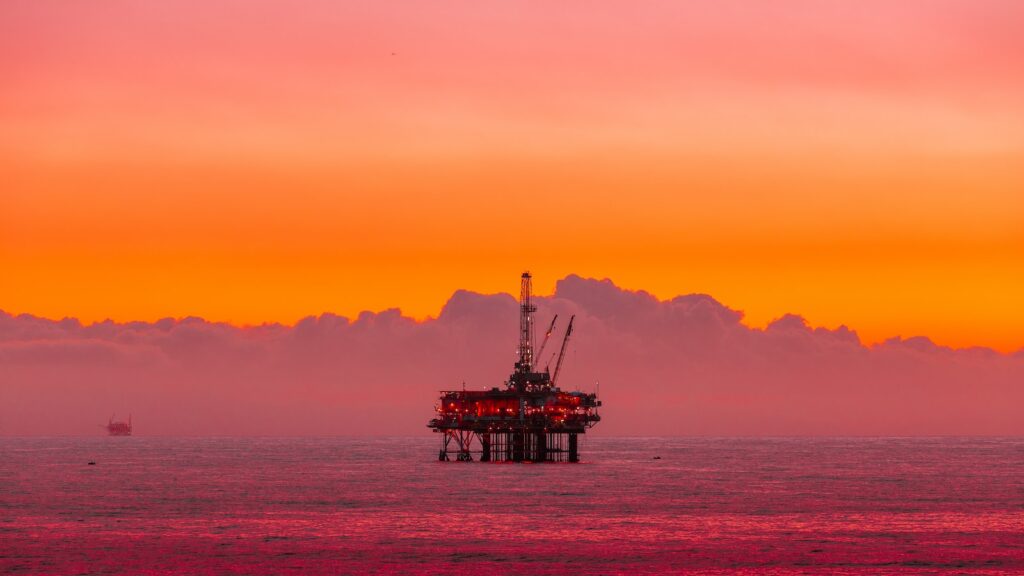22,000 tonnes of oil released into UK waters
As Britain’s water pollution crisis continues to flood the news, a new report has revealed the damage wreaked by the oil and gas industry since 2017.
According to numbers published by Oceana UK and Uplift, more than 22,000 tonnes of oil has been released into British waters in the five years to 2022. The findings cast serious doubt over the Government’s posturing as a global leader in marine protection.
More than half of this – 58% – was sanctioned by Downing Street, which issued 1,900 individual permits allowing pollution events to occur. Meanwhile, 9,000 tonnes of oil were released in breach of existing permits, equating to one infringement every two days.
The five worst performing firms within this context have also been identified. These were:
Dana (6,943 tonnes)
Repsol Sinopec (4,220 tonnes)
Canadian Natural Resources (3,805 tonnes)
Shell (3,243 tonnes)
Apache (3,108 tonnes)
The figures have been unveiled alongside a new report, In Deep Water. The first ever comprehensive review of the oil and gas industry’s impact on UK seas, it covers spills, the release of toxic chemicals and microplastics, and extreme noise pollution, threatening vulnerable species like ocean quahogs, deep sea sponge communities and harbour porpoises.
Widespread overlaps between marine protected areas (MPAs) and locations of sites oil and gas drilling permits have been issued for also feature. A situation that continues despite YouGov data showing that 75% of the UK population oppose new fossil fuel projects in waters that are supposed to be protected. Environment Secretary Thérèse Coffey recently said safeguarding the oceans needs to be an environmental priority.
‘It is almost impossible to overstate the importance of stepping up our efforts to bolster the resilience of the marine environment and, in turn, the economies and communities that depend on it,’ said Coffey.
‘At the UN nature summit in Montreal, we made a commitment to manage our whole ocean sustainably and set a target to protect at least 30% of the world’s ocean by 2030. The UK is leading, co-leading, and supporting global coalitions of ambition to drive forward this mission, and I urge countries to come together to deliver coordinated, impactful action on the ground,’ she continued.
You can read the full report, In Deep Water, here.
‘For more than fifty years, the Government has allowed big oil to routinely pollute our waters. From oil spills to toxic chemicals, we can now see as clear as day the devastating path of destruction caused to our marine environment. Our wild isles should not be held hostage by fossil fuel giants any longer,’ said Hugo Tagholm, Executive Director and Vice President of Oceana UK.
‘The Government says it’s a ‘global leader’ in marine protection. Yet, allowing this oil to consistently contaminate our seas, including so-called Marine Protected Areas, says otherwise. Frankly, it makes a mockery of their position as leader of the Global Ocean Alliance and their commitment to 30×30,’ he continued.
Last week, the UK Environment Agency announced that four new bathing areas will be established in England in time for the summer season. However, the news arrived at a time when details were also released about Britain’s most polluted beaches, with pollution events regularly occurring close to Blue Flag certified coastline. Find out more here.
Image: Arvind Vallabh







 Network
Network
